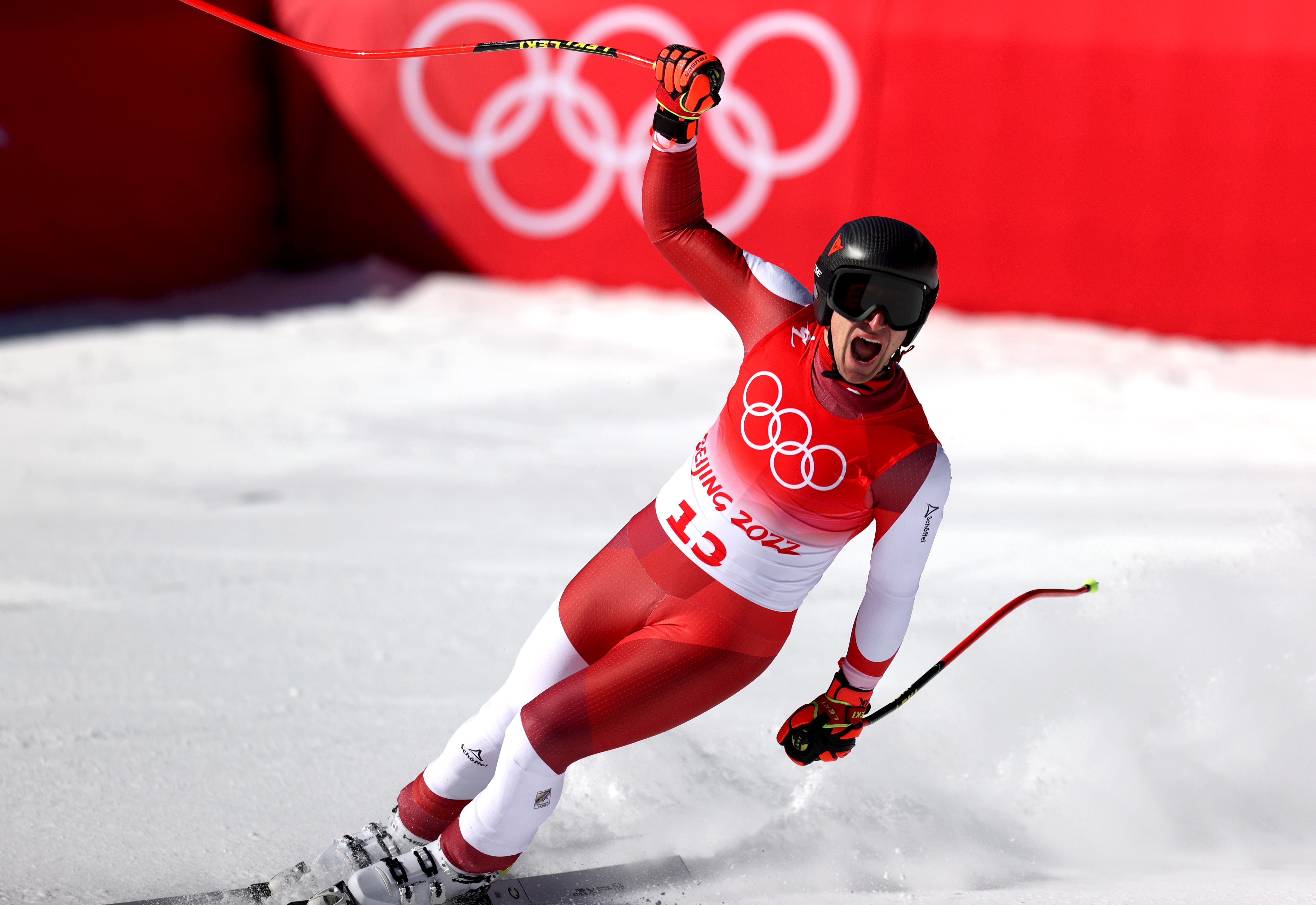Why does no one want to host the Winter Olympics?
Reports suggest that the IOC may be forced to consider fixed, rotating hosts with new interest slow

Your support helps us to tell the story
From reproductive rights to climate change to Big Tech, The Independent is on the ground when the story is developing. Whether it's investigating the financials of Elon Musk's pro-Trump PAC or producing our latest documentary, 'The A Word', which shines a light on the American women fighting for reproductive rights, we know how important it is to parse out the facts from the messaging.
At such a critical moment in US history, we need reporters on the ground. Your donation allows us to keep sending journalists to speak to both sides of the story.
The Independent is trusted by Americans across the entire political spectrum. And unlike many other quality news outlets, we choose not to lock Americans out of our reporting and analysis with paywalls. We believe quality journalism should be available to everyone, paid for by those who can afford it.
Your support makes all the difference.The International Olympic Committee (IOC) is reportedly considering lining up fixed, rotating hosts for the Winter Olympics with limited interest from potential new locations in holding the event.
While Milan-Cortina is gearing up to host the 2026 Winter Games, a decision on the host of the 2030 event has been delayed.
The IOC announced in December that it was no longer planning an announcement after the 140th IOC session in Mumbai, which is likely to be held in September or October.
Alpine skiing great Lindsey Vonn, who is part of the Salt Lake City bid committee exploring potential hosting either in 2030 or 2034, has now suggested that the IOC have discussed potentially moving to a fixed group of hosts.
But why does no one want to host the Winter Olympics?
The first, and most prominent, reason for the lack of interest is cost. The Winter Olympics is incredibly expensive to stage, requiring upgraded infrastructure to go along with new venues. Officially, the Beijing 2022 Games cost $3.9 billion to put on, but an investigation from Insider estimated that nearly ten times as much might actually have been spent. Compared to the summer quadrennial counterpart, the Games attract fewer spectators.
Secondly, the pool of potential hosts is relatively small. To host, proximity to suitable areas for winter sports is key - last year’s event in China attracted criticism for being held almost entirely on artificial snow. That pool may also be getting smaller, with climate change an ever more present threat.
Finally, there is the question of legacy. The sport-specific nature of many venues means repurposing after the Games can be difficult, while a host city’s reputation is not always enhanced - take, for example, the criticism of Sochi in 2014. Compared to many summer sports, events like the bobsleigh or ski jumping are niche, and do not drive the same sort of community participation or take-up that might follow a Summer Olympics.
Is this a new problem?
In short, no. The Independent detailed in 2018 the problems the IOC were facing lining up hosts for future Winter Olympics. Sion, Graz and Sapporo all dropped out of bidding for the 2026 Games, leaving only Milan-Cortina and Stockholm as candidates; Beijing beat out Almaty in 2022 after Oslo withdrew from the process due to a lack of public support.
Why would a fixed group of hosts help?
The key aspect that a fixed group of hosts would help with is the fact that the infrastructure required to host the Winter Olympics is already in place. Most of the group would have hosted the event previously, meaning that venues can be re-used or modernised rather than built from scratch. This would significantly reduce the cost, while these locations also have a clear association with winter sports.
The Associated Press floats a number of potential candidates to possibly join the rotation, including recent hosts Vancouver (2010), Salt Lake City (2002) and Pyeongchang (2018).
Who is likely to host in 2030?
Sapporo in Japan had been the favourite to host the 2030 Winter Olympics, but a bid has been put on hold due to an investigation into allegations of bribery and corruption around the successful bid for the Tokyo 2020 Olympics.
Salt Lake City has noted interest in bidding, but is believed to favour hosting the 2034 Games. That could open the door for Stockholm, which missed out for 2026, to win without opposition - the Swedish Olympic and Paralympic Committees and the Swedish Sports Confederation are set to start a feasibility study. Slightly curiously, the Scandanavian country has never hosted the event, failing in eight previous bids.
Could the Middle Eastern nations become involved?
The Middle East is an increasingly actively player in discussions about hosting marquee global sporting events. During the 2022 Fifa World Cup, Qatar reportedly indicated a willingness to explore a bid for the 2036 Summer Olympics having failed thrice previously.
While the climate on the Arabian peninsula would seem ill-suited to a Winter Olympics, Saudi Arabia last year announced that it will host the 2029 Asian Winter Games at a planned mountain resort in the Gulf Arab state’s $500bn (£440bn) Neom project. The Trojena development is expected to be completed in 2026 and will offer outdoor skiing. Nadhmi al-Nasr, the Neom chief executive, said: “Trojena will have a suitable infrastructure to create the winter atmosphere in the heart of the desert, to make this Winter Games an unprecedented global event.”



Join our commenting forum
Join thought-provoking conversations, follow other Independent readers and see their replies
Comments